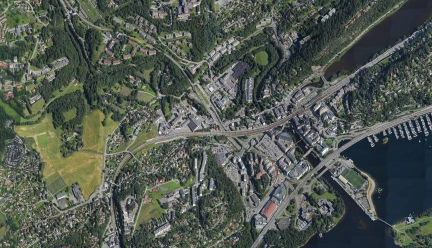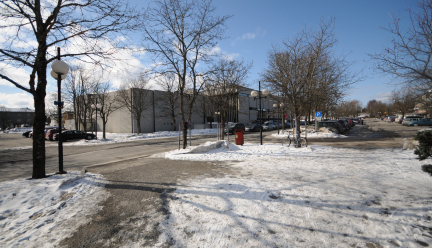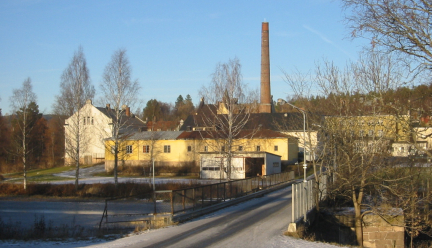Adaptable City

Definition: adaptability is the quality of a space that can be easily modified in harmony with the changes to which its use is subject or may be subject.
Europe’s cities are engaged in a radical transformation: they need urgently to reduce their ecological footprint to help resolve the energy crisis, combat the greenhouse effect and preserve nonrenewable resources. This transformation applies both to their morphology (form) and their metabolism (including all energy expenditure), and is highly dependent on the ways of living they provide. To achieve this, all these changes have to be thought out quickly, and that is why Europan 12 proposes to explore the question of time with a view to making the city more adaptable.
This entails, for example, providing new ways of sharing collective space and methods of governance. This requires a chronotypical approach, blending the spatial and temporal dimensions and, for example, establishing temporary projects for spaces. This also means developing a sensitive form of urban planning, where different places can be used at different times, and rethinking the quality of the spaces from that perspective. This raises the question of the “hospitality” of urban spaces and their transparency for users of the city. It is also important to think about intensive development projects, to connect them better with the realities of today’s city. It is also about considering the multiple uses the city, and in particular the question of the sharing and recycling of buildings, to avoid excessive consumption of space and thereby to promote a sustainable city by exploiting time in its full range.
The sites
-

Bærum
The post-industrial area of Hamang in northern Sandvika, the urban centre of Bærum municipality, is…
-

Ås
Ås is a municipality on the outskirts of the capital region of Oslo, and is now seeing clear signs…
-

Asker
Dikemark is in many ways a unique place within its regional context thanks to its preserved,…